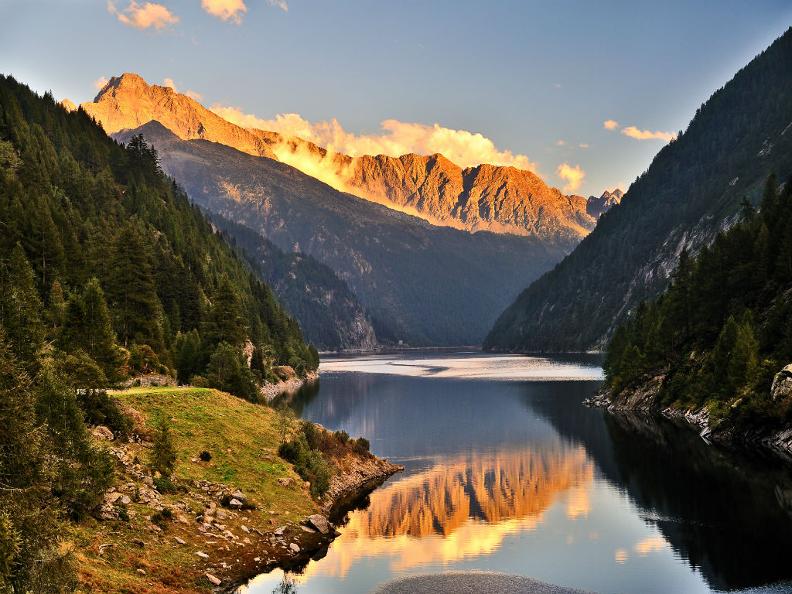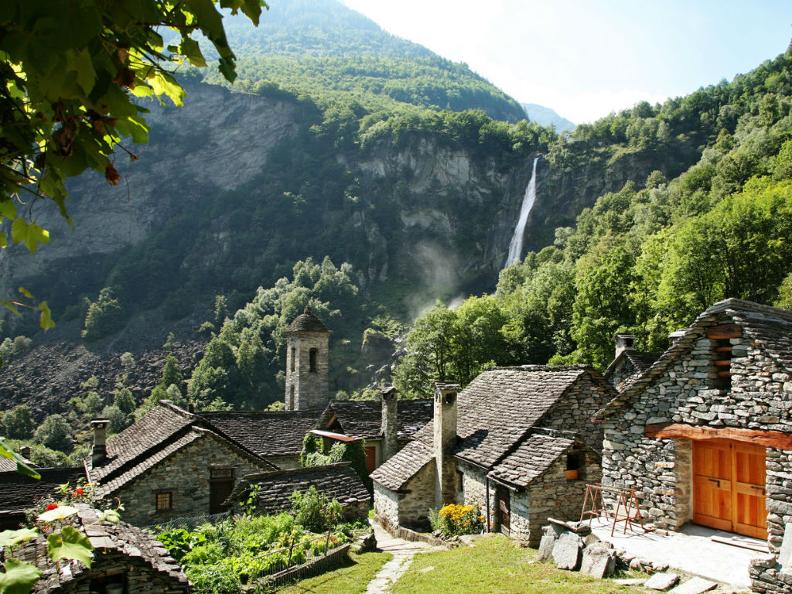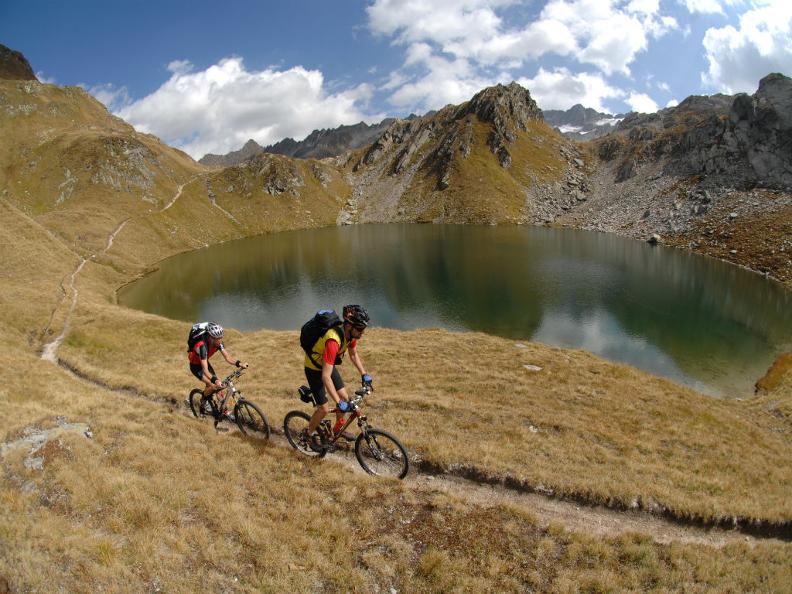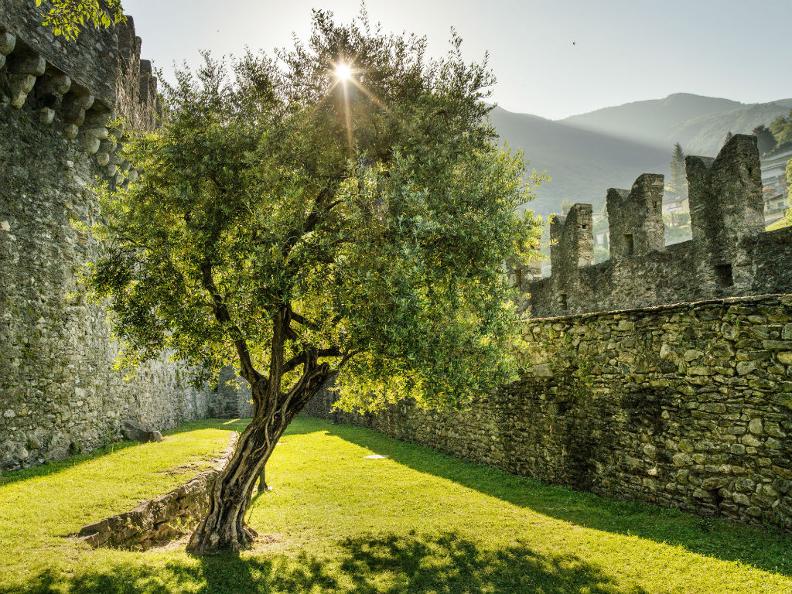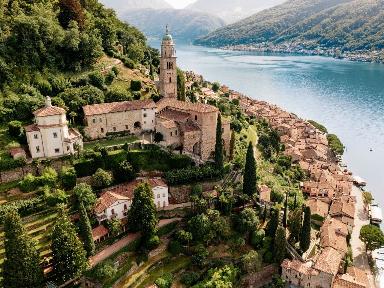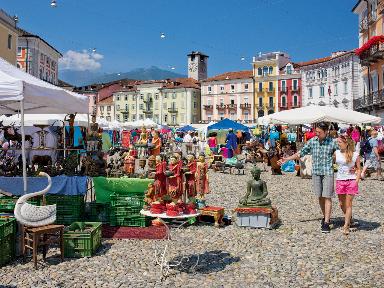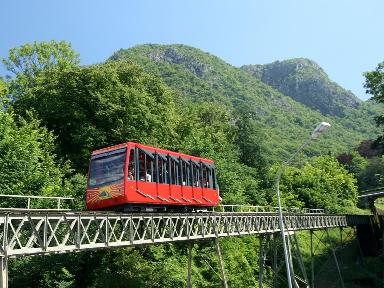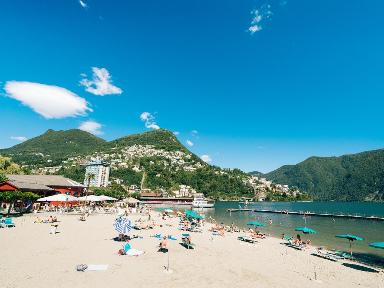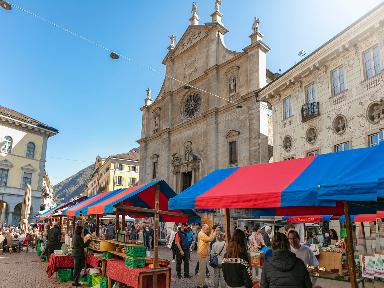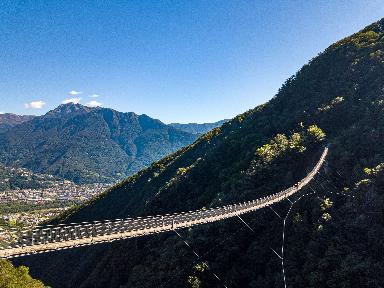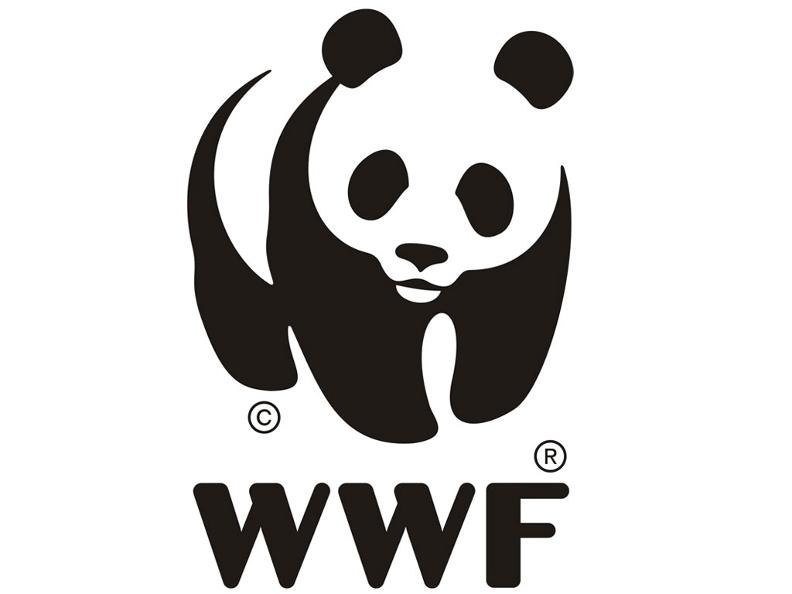
The WWF criteria for sustainable tourism:
Ecology
- The tourist attractions give great importance to the conservation of biodiversity and implementation of a sustainable approach to nature and the landscape. The environmental impact is minimised.
- The tourist attracts preserve natural resources (soil, water, air, flora and fauna). Sensitive areas and ecosystems are excluded from any touristic usage.
Creation of added value at a regional level
- The tourist attractions foster regional economic cycles by supporting local service providers, strengthening agriculture and small local industry.
- The tourist attractions make use of local infrastructures.
Social responsibility
- The tourist attractions respect the principles of social responsibility, the needs of local communities and the cultural peculiarities of the region.
Originality
- The tourist attractions have a strong value on an experiential level. They are authentic, unique and closely linked to the region. Utmost importance is given to the local natural and cultural heritage.
Environmental awareness
- The tourist attractions are intended to disseminate knowledge of ecology and raise awareness among visitors on the value and beauty of the natural and cultural landscape, as well as the threat hanging over it.
- The tourist attractions stimulate active engagement with nature and the landscape.
Accommodation
- The accommodation offered is typical of the region, ecological (certified with the IBEX Fairstay label or the EU eco-label, for example) and managed by local staff.
Food
- Organic ingredients produced in the region are used for meals.
Transport
- Public transport or means with low environmental impact (walking/cycling) are available for travel (outward/return trip and local travel).
Waste/Energy
- The tourist attractions require a reduction in and proper disposal of waste, and also take care to use energy rationally.

